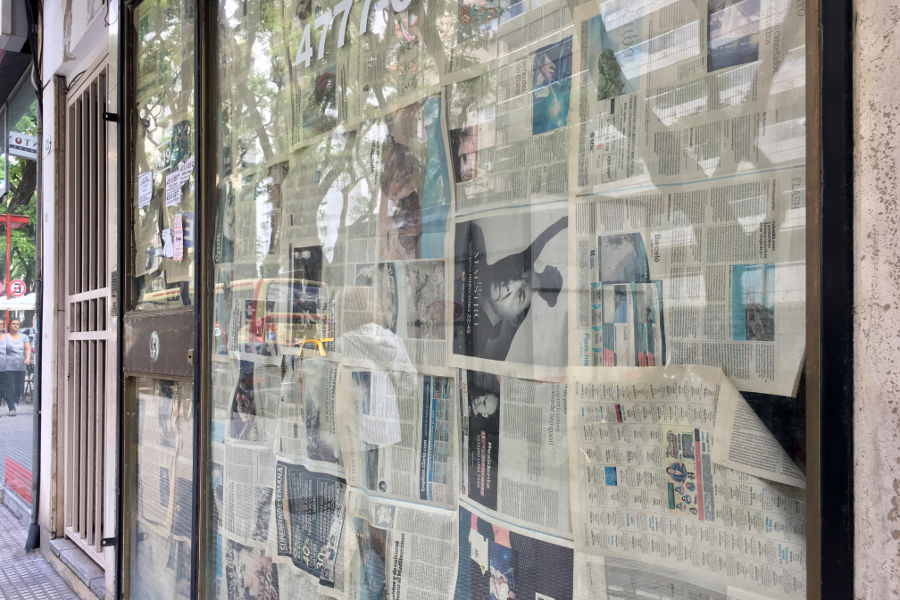Recent attention to vacant retail storefronts has led to a new legislation in NYC dubbed the “Storefront Tracker” bill. The bill was approved by the City Council in July 2019 and it is aimed at collecting information on vacant (and nonvacant) storefronts across the city and aggregating it in a public database. The city hopes to use the data in the near future to take action in helping out independently owned businesses. Mayor Bill de Blasio is expected to sign the legislation into law.
Per the bill, at the start of each year, building owners with storefront and second-floor commercial spaces, as well as commercial spaces in residential buildings, will be required to register with the city Department of Finance — regardless of occupancy status — as part of their annual income and expense filings. The size, location, occupancy status, monthly rent, lease status and owner contact information will be required for each space.
Information on due dates, submission procedures, or enforcement has not been released yet, but will be communicated once the mayor signs and the bill goes live. It is unclear how the data will be used to make a decision or what that decision would mean for storefront owners and small businesses.
It is more important than ever to document current information and changes across your portfolio, and keep clean, organized records within a reliable source — piles of paper are not acceptable! Store your records digitally — inspection dates, compliance records, signed documents, due diligence reports, etc. — so that you can easily reference them when necessary.

